Mediation is a settlement tool used in both civil and workers’ compensation cases. Mediation is a completely voluntary process. Both parties must agree in order to set up a mediation. In workers’ compensation cases mediations typically take a half day. Civil case mediations also typically take a half day but can be much longer depending on the complexity of the case.
In the litigation process, mediations happen after the initial discovery has taken place. Parties have had a chance to depose injured workers, plaintiffs, and defendants. Parties also have had a chance to extensively review medical records and obtain expert witness reports from doctors. Mediations can take place before or after settlement conferences. Settlement conferences are held before judges and in the Minnesota workers’ compensation system, the injured workers are typically not present but rather available by phone. Settlement conferences are also only an hour long and an hour may not be enough time to settle a complicated claim. Sometimes attorneys will cancel or forego the settlement conference in lieu of a mediation.
Before the mediation, your attorney will create a settlement demand. A settlement demand shows the insurance company their monetary exposure if you were to be successful in your claim at a formal hearing or a trial. All civil settlement demands are prospective, meaning they include the damages that you will suffer in the future. Most work comp settlement demands are prospective as well, but some settlement demands are “to-date” meaning some claims are left open. Typically, this happens in cases in which you are still employed with the date of injury employer.
Your attorney will ask for your authority to submit the demand to opposing counsel. Your attorney should review these numbers with you and get your permission to send the demand to the other side. In work comp these numbers are based on the wage loss formulas and the benefits you have and have not received. In civil claims these numbers also include outstanding medical bills. A settlement demand sets forth the starting number to the insurance company.
The day of the mediation you will be in one room with your attorney and the other attorney will be in another room. Typically, the adjuster, or insurance company representative, is available by phone to give additional authority to their attorney if necessary. We encourage our clients to bring their spouse or the people who share financial decisions with clients so he or she can understand the process and the settlement amount, even though the injured worker or plaintiff alone is the decision maker.
Before the mediation both parties agree on the mediator. The mediator is a third-party who acts as a neutral person working to settle the claim. Mediators are typically very experienced attorneys who have practiced in work comp or in personal injury for years. In the work comp system, mediations can also be scheduled free at the Department of Labor and Industry or in front of a judge at the Office of Administrative Hearings. In private mediations, either held at the mediator’s office in civil cases or in our office for work comp cases, we typically prefer to use former defense attorneys. The benefit of a private mediation is that the parties have to pay for the mediator’s time; therefore, the insurance company has “skin in the game” and shows a desire to enter into a settlement. Although, anytime a mediation is scheduled it shows a willingness to settle, as no one wants to waste time and the insurance company generally pays their attorneys on a hourly basis. The mediator then goes from room to room talking to each party and pointing out strengths and weaknesses in both sides of the case.
You are under absolutely no obligation to settle at the mediation and anything said to the mediator is completely confidential. Attending a mediation in order to attempt to settle your case will not hurt your claim. Rather, it will give you a better idea of the defense’s theory of the case and any weaknesses you may need to overcome at a hearing or a trial. Moreover, the mediator will give you a new perspective on your case. The mediator will give you his or her honest opinion on the likelihood of success at trial. We encourage our clients to feel free to ask the mediator questions throughout the process.
Don’t wait to get an attorney involved if you have a Minnesota workers’ compensation claim. The process can be complex and you want to be sure you receive the full benefits you are entitled. Contact Meuser Law Office, P.A. for a free, no-obligation consultation and claim evaluation. At Meuser Law Office, P.A. we keep our clients informed of the process as well as what to expect each step of the way.








